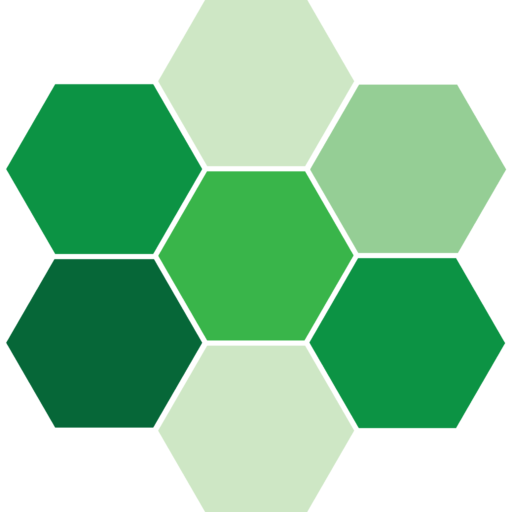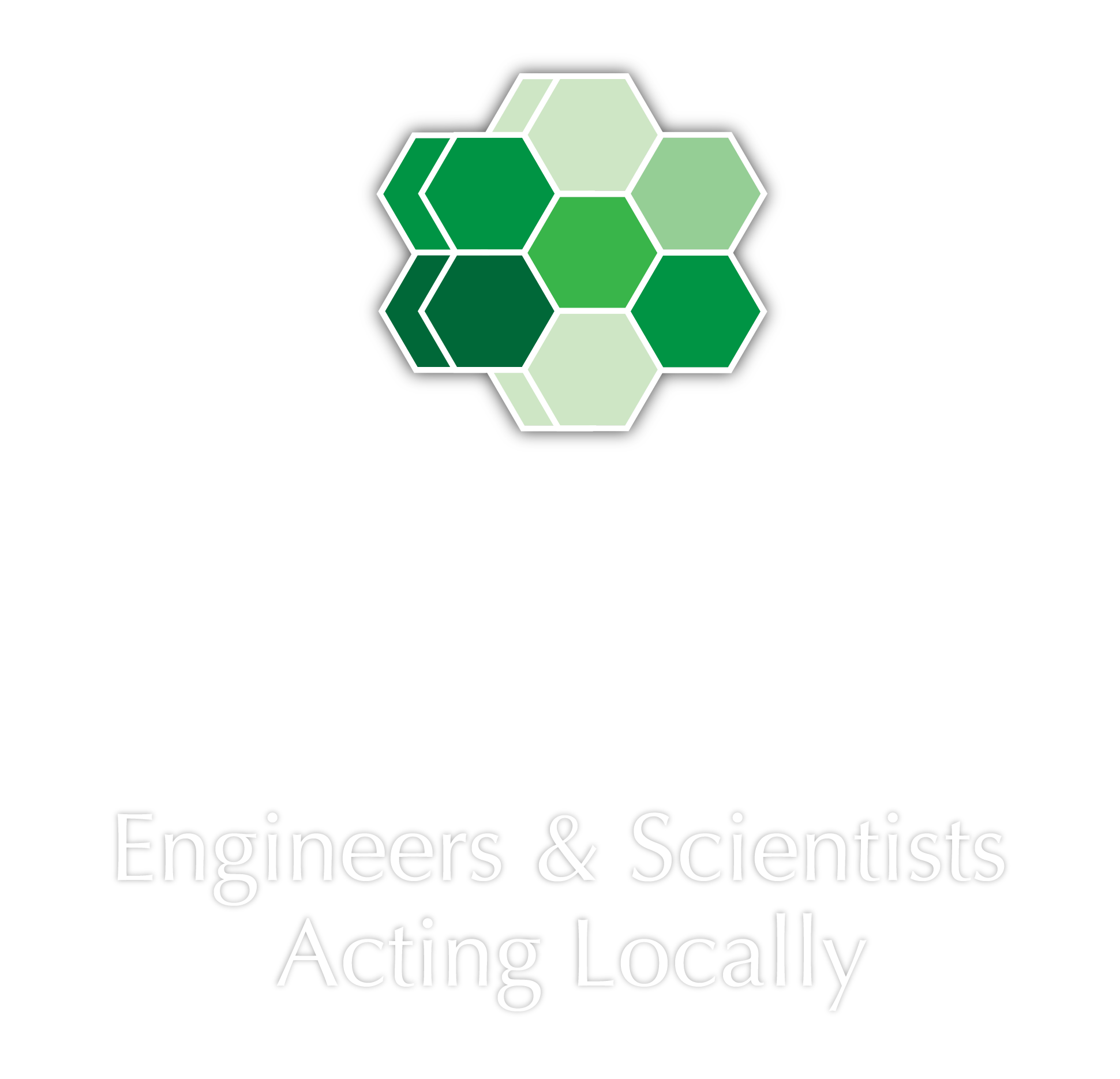Learn about how, founder and executive director of the Illinois Science Council, Monica Metzler uses her legal training and writing background from working with the Illinois House of Representatives and Democratic National Convention to make science concepts clear and accessible to the public.


